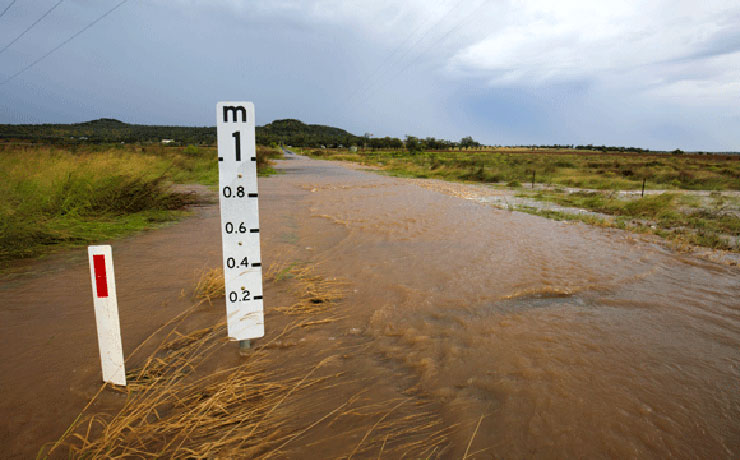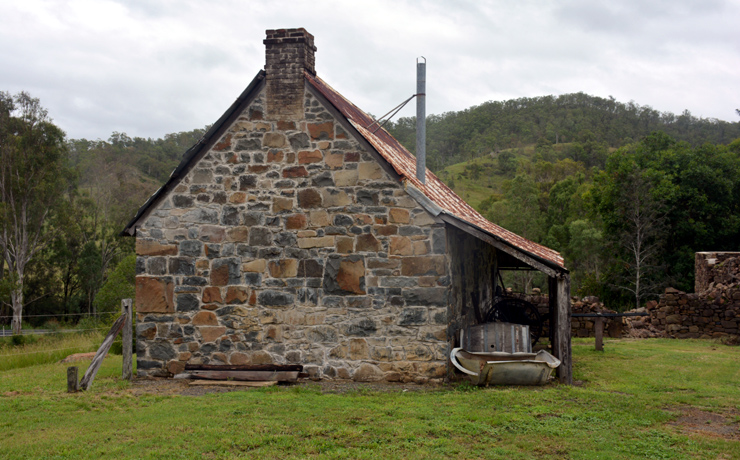
The Productivity Commission said today it is becoming increasingly clear a number of “Closing the Gap” targets will not be met by 2030, and called for better policies to be developed.
In a new report, the Commission said the Council of Australian Governments (COAG) had committed to a number of targets for reducing the disparity in life expectancy, health, education and employment outcomes between Indigenous and non-Indigenous Australians in 2008.
But despite considerable effort and investment, little or no progress has been made in closing gaps for life expectancy, reading and numeracy over the last seven years.
Employment gaps have also increased rather than narrowed.
“Meeting the targets for life expectancy, reading, numeracy and employment seems an unlikely prospect at this stage,” Productivity Commission chair Peter Harris said.
On the positive side, the report shows good progress has been made in reducing gaps in child mortality and Year 12 (or equivalent) attainment rates at the national level.
And while the target of providing access to early childhood education for all Indigenous four years olds in remote areas was not met, the evidence pointed to positive outcomes.
But a much greater emphasis needs to be placed on policy evaluation, the report states.
“If we are to see improvements in outcomes for Aboriginal and Torres Strait Islander Australians, we need to move further into the detail, examining which policies and programs work better than others and why,” Mr Harris said.
“Our current focus is on setting targets and monitoring outcomes. This must be complemented by evaluation.”
The report also states there is a strong case for rationalising the current framework for reporting on Indigenous outcomes and disadvantage.
“There is a wide array of information available to tell the story of Indigenous disadvantage, but surely the nature and significance of that disadvantage is not in dispute,” Mr Harris said.
“Removing some of the duplicate reporting could be a means of freeing up resources for policy evaluation.”
This is the first year the Productivity Commission has produced The National Indigenous Reform Agreement Performance Assessment.
The assessment was previously undertaken by the COAG Reform Council.
The report can be accessed on the Productivity Commission’s website.























